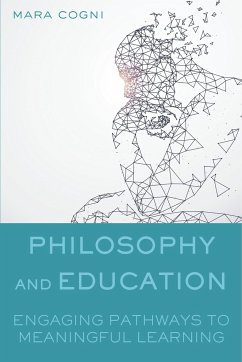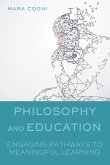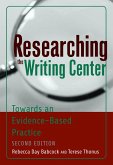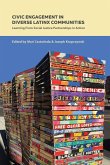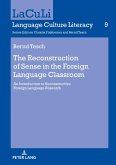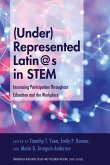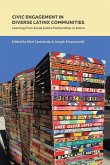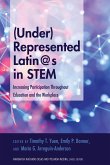Philosophy and Education: Engaging Pathways to Meaningful Learning represents a philosophical approach to learning. It encourages students to think critically and form well-reflected opinions around relevant concepts in the English language, literature and society, such as inequality and duty. Philosophy and Education embodies a more engaging style (than is traditionally common) with the text - instead of reading long texts and answering questions about that text, it motivates learners to relate their own experiences and interpretations to the view communicated in the text, by actively and continuously engaging them to test one opinion against another.
Philosophy and Education is primarily designed to help students improve their reasoning skills both orally and in writing, and prepare them for tests and exams at the end of the upper secondary and university-preparatory courses. Some of the chapters in Philosophy and Education have been used in the classroom, resultingin highly engaged students who feel they are offered the opportunity to relate to the classroom experience in a meaningful way. None of the activities ask students to make lists of words or spend enormous amounts of time on close reading and interpreting texts - instead, they are required to reflect and share their own thoughts on the relevance of the texts, movies, etc. to their own lives. They learn new words and ideas by discussing the myriad of philosophical questions presented, which makes learning a conversation about life.
Philosophy and Education is primarily designed to help students improve their reasoning skills both orally and in writing, and prepare them for tests and exams at the end of the upper secondary and university-preparatory courses. Some of the chapters in Philosophy and Education have been used in the classroom, resultingin highly engaged students who feel they are offered the opportunity to relate to the classroom experience in a meaningful way. None of the activities ask students to make lists of words or spend enormous amounts of time on close reading and interpreting texts - instead, they are required to reflect and share their own thoughts on the relevance of the texts, movies, etc. to their own lives. They learn new words and ideas by discussing the myriad of philosophical questions presented, which makes learning a conversation about life.

